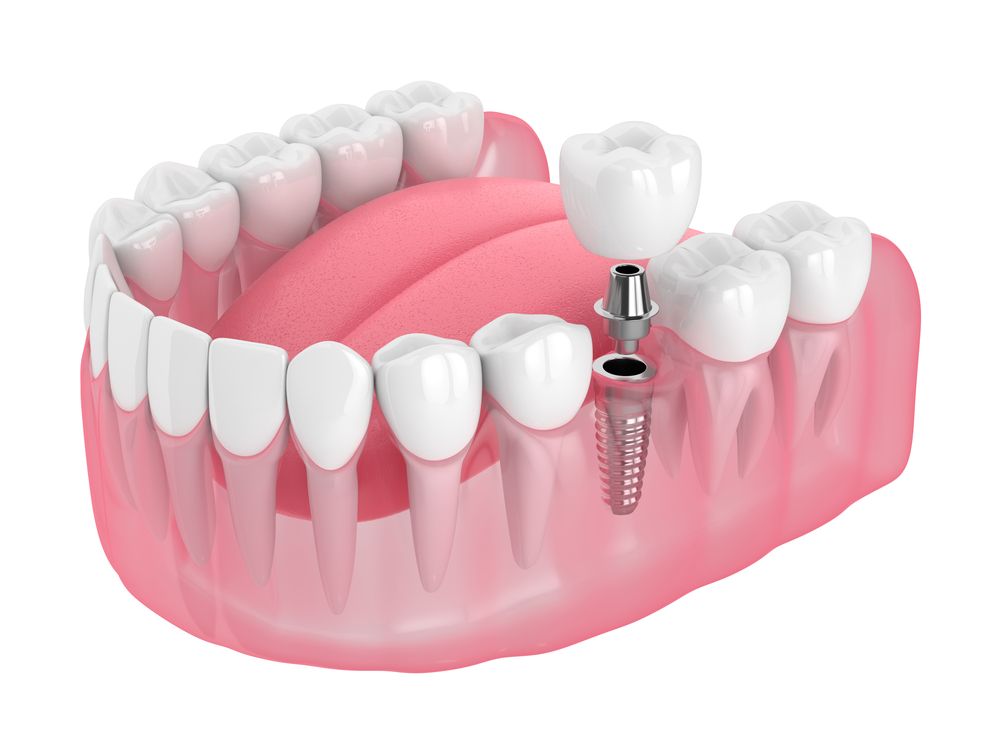
Dental Implant Cost: Factors That Influence Pricing
Dental implants have become a popular solution for individuals seeking to replace missing teeth and restore their smiles. However, it is important to understand that the cost of dental implants can vary significantly. Numerous factors come into play when determining the final price, making it essential to be aware of these influences before embarking on the implant journey. We will delve into the factors that influence dental implant pricing, shedding light on the various aspects that contribute to the overall cost.
Implant Material:
One significant factor that affects dental implant cost is the type of material used. Most commonly, dental implants are made from titanium, which offers excellent biocompatibility and durability. Titanium implants tend to be more affordable compared to alternative materials such as zirconia. Zirconia implants, though less common, are highly aesthetic and can be more expensive due to the advanced technology involved in their production.

Number of Implants:
The number of implants required for a dental restoration directly impacts the cost. If you need a single tooth replaced, a single implant will suffice. However, if you require multiple teeth to be replaced, the number of implants needed will increase, resulting in a higher overall cost. Additionally, the complexity of the case and the location of the missing teeth can also influence the number of implants required.
Preparatory Procedures:
Before receiving dental implants, certain preparatory procedures may be necessary. These can include tooth extractions, bone grafting, or sinus lift surgeries. The need for such procedures can significantly impact the cost of dental implants, as they require additional time, expertise, and materials. The extent of preparatory procedures varies from patient to patient, depending on individual oral health conditions.
Implant Placement:
The location and complexity of implant placement also play a role in determining the cost. Implanting a tooth in the front of the mouth, where aesthetics are crucial, may require additional steps such as gum contouring or temporary restorations. These additional procedures, which aim to achieve optimal esthetic results, can influence the overall cost of the implant treatment.
Dental Implant Specialist:
The experience and expertise of the dental implant specialist also affect the pricing. Highly skilled and experienced implant dentists may charge more for their services due to their expertise and the success rates they achieve. It is essential to choose a reputable and qualified dental professional to ensure the best possible outcome for your implant treatment.
Geographic Location:
The geographic location of the dental clinic is another factor that influences dental implant cost. Prices may vary depending on the region or country where you receive treatment. Dental implant costs tend to be higher in urban areas and developed countries, while they may be more affordable in rural areas or developing nations. It is important to consider these differences when researching and budgeting for your dental implant treatment.
Additional Restorative Procedures:
In many cases, dental implants require additional restorative procedures such as abutments and dental crowns or bridges. The cost of these restorations can vary based on the materials used, the complexity of the case, and the number of teeth being restored. These additional procedures should be factored into the overall cost of dental implant treatment.
Dental Insurance Coverage:
Dental insurance coverage can significantly impact the out-of-pocket cost of dental implants. While dental implants are typically considered a cosmetic procedure and may not be fully covered by insurance, some plans provide partial coverage or discounts. It is crucial to review your insurance policy and discuss the coverage details with your dental provider to better understand the financial implications.
Dental implant cost is influenced by various factors, and understanding these factors can help individuals make informed decisions about their dental treatment. Factors such as implant material, the number of implants, preparatory procedures, implant placement, the expertise of the dentist, geographic location, additional restorative procedures, and dental insurance coverage all play a role in determining the final cost. By considering these factors and consulting with a qualified dental professional, individuals can better plan and budget for their dental implant treatment, ultimately achieving a confident and functional smile. Remember, while cost is important, the quality and long-term benefits of dental implants should also be prioritized for a successful outcome.
Appreciate the creator